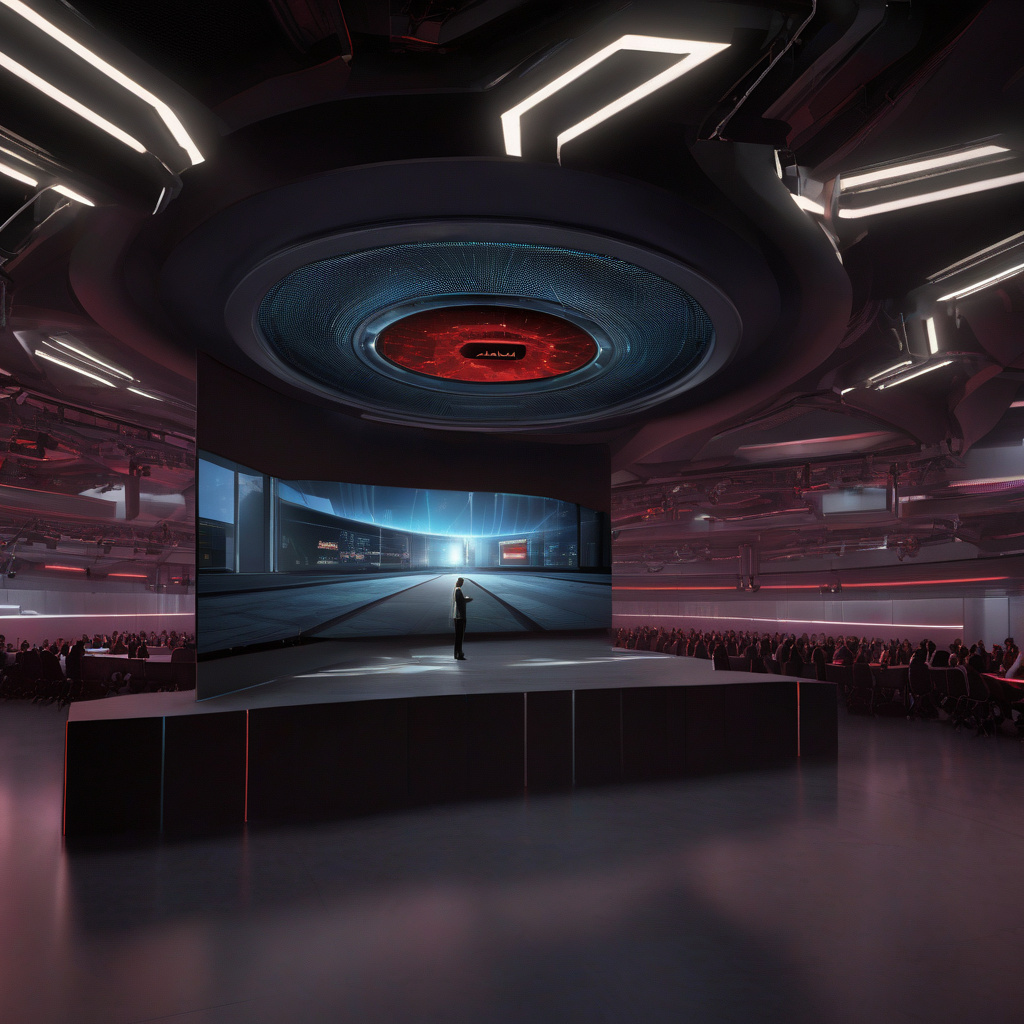AMD Unveils Helios Server to Challenge Nvidia’s AI Dominance
In the realm of artificial intelligence (AI) hardware, the competition is fierce, with tech giants constantly vying for dominance. AMD has recently made waves in the industry by unveiling its new Helios server, a bold move aimed at challenging Nvidia’s stronghold on the AI chip market.
Despite facing software hurdles and market challenges, AMD remains optimistic about the potential for growth in the AI chip sector, even in the face of tighter export controls. The introduction of the Helios server signifies AMD’s commitment to innovation and its determination to carve out a larger share of the lucrative AI market.
One of the key advantages of the Helios server is its superior performance capabilities. Powered by AMD’s cutting-edge processor technology, the server is designed to handle complex AI workloads with speed and efficiency. This level of performance is crucial in AI applications, where processing large amounts of data in real-time is essential for achieving accurate results.
In addition to performance, the Helios server offers scalability and flexibility, allowing businesses to easily expand their AI infrastructure as needed. This adaptability is particularly valuable in industries where AI workloads can vary significantly over time, such as healthcare, finance, and retail.
Another key selling point of the Helios server is its cost-effectiveness. By offering competitive pricing without compromising on performance, AMD is positioning the Helios server as a compelling alternative to Nvidia’s AI hardware offerings. This affordability factor is likely to resonate with businesses looking to maximize their AI investments without breaking the bank.
Despite the promising features of the Helios server, AMD is not immune to the challenges of the AI hardware market. Nvidia, with its well-established presence and reputation in the industry, remains a formidable competitor. However, AMD’s strategic focus on performance, scalability, and cost-effectiveness could give it a competitive edge in attracting businesses looking for AI solutions that deliver both quality and value.
Moreover, AMD’s optimistic outlook on the growth of the AI chip market, even in the face of tighter export controls, bodes well for the future of the Helios server. As more businesses across industries continue to embrace AI technologies to drive innovation and efficiency, the demand for high-performance AI hardware is expected to rise, creating opportunities for AMD to expand its market share.
In conclusion, AMD’s unveiling of the Helios server marks a significant milestone in the company’s efforts to challenge Nvidia’s dominance in the AI hardware market. With its focus on performance, scalability, and cost-effectiveness, the Helios server has the potential to attract businesses looking for advanced AI solutions that deliver value and quality. As the AI chip market continues to evolve and grow, AMD’s strategic positioning with the Helios server could pave the way for a new era of competition and innovation in the industry.
AI, AMD, Nvidia, Helios server, AI chip market
